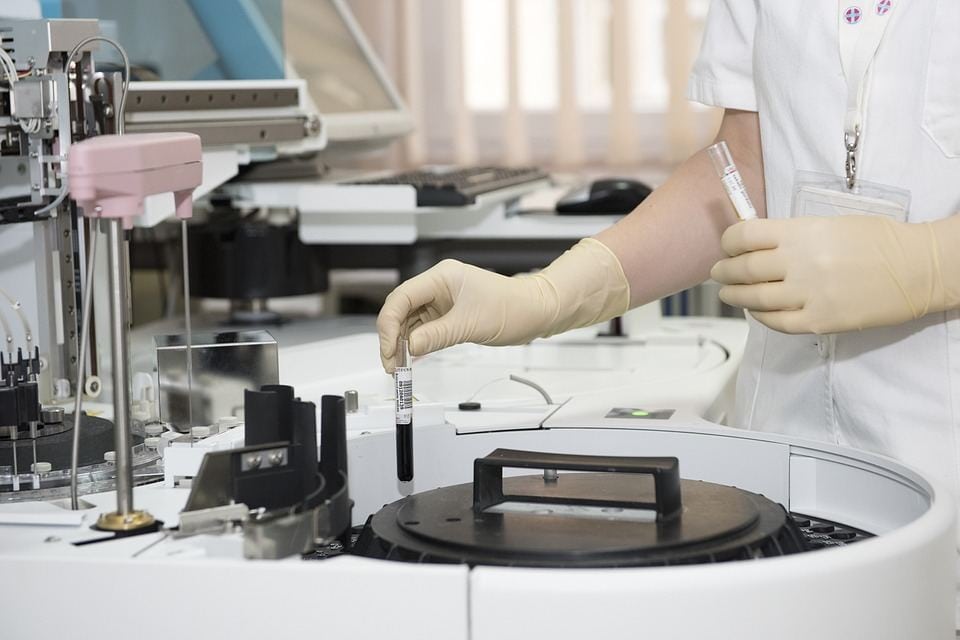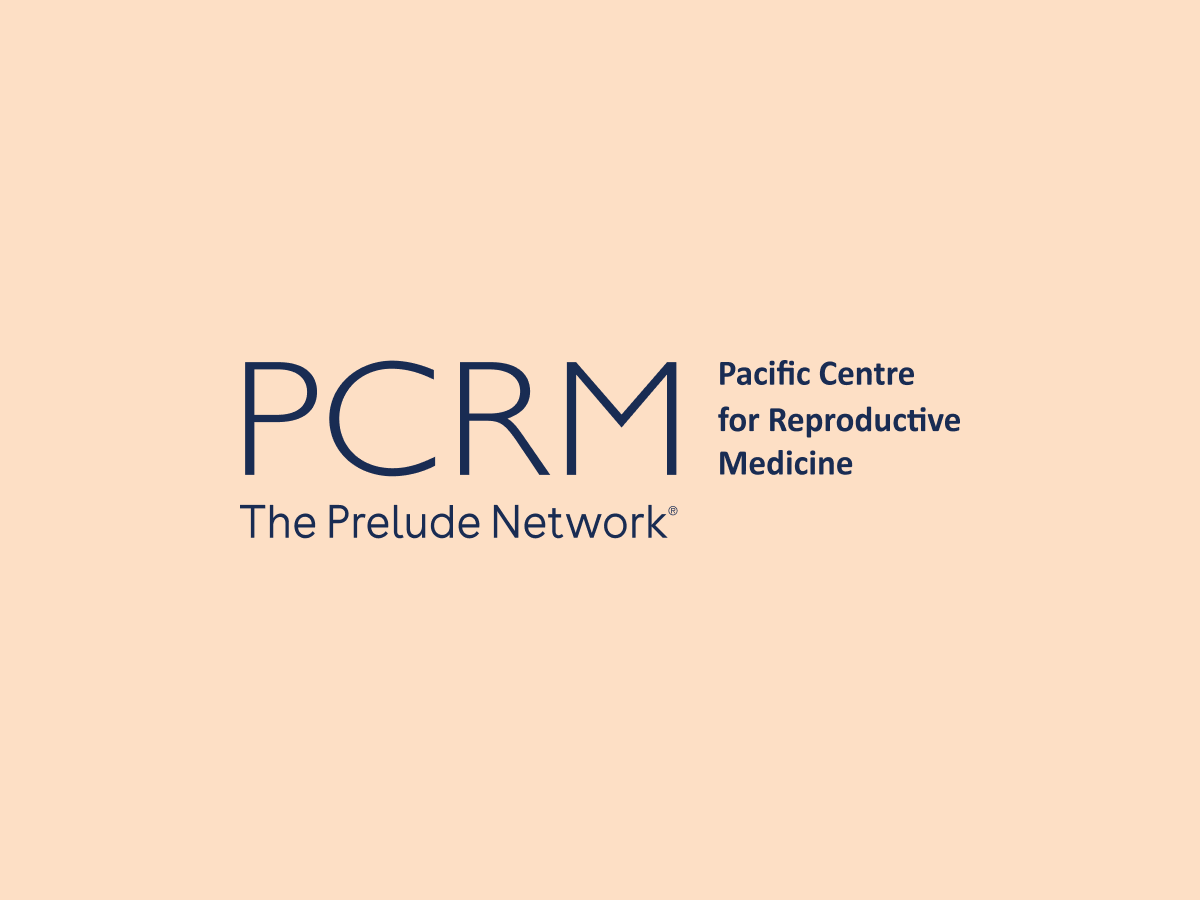
Five facts about infertility in men, with Dr. Chow
Many people are surprised to learn that men, as well as women, have a high chance of infertility.
Infertility is defined as an inability to conceive after having regular unprotected sex for over a year. It also refers to once being fertile but now unable to conceive, which is referred to as secondary infertility. Testing reveals that in a given case the issue can be 50% female, 30% male, and 20% both parties.
Evaluating infertility in men starts with obtaining a detailed medical history from the patient. It’s important to find out if there has been any trauma to the genital area, a history of pelvic surgery, or systemic health conditions like diabetes mellitus, possible exposure to gonadotoxins, and whether or not the patient has fathered any children.
Dr. Victor Chow performs a physical evaluation to find out if there are any obvious complications such the absence of the vas deferens or varicoceles. It’s important to send patients for at least two semen analyses to determine whether or not any further evaluation is needed, like hormone testing or genetic testing to determine the cause of infertility. Genetic testing is done if men have no sperm in their ejaculate, or if they have significantly low sperm counts.
Dr. Chow discussed important factors in male fertility and five facts about infertility in men that you might not expect.
25% of infertility in men is idiopathic
- Although 40% of male infertility relates to varicocele and 15% is related to obstruction, 25% of causes remain unknown. If there isn’t anything troubling found in the physical exam and the genetic testing doesn’t reveal a concrete answer, Dr. Chow would recommend in vitro fertilization (IVF), informing the individual or couple of the chance of success based on what is known.
Virility doesn’t equal fertility - Infertility can be difficult for men to accept, with a common assumption among men sexual performance is tied to fertility. Dr. Chow explained that the two don’t go hand in hand and, in most cases, virility (the ability to have sex) doesn’t have any effect on fertility.
Will the pregnancy be healthy? - If the fertility and genetic evaluation results come back with no abnormalities, the chance of a major birth defect is unlikely to be much different between IVF/ICSI and natural pregnancy.
The answer to infertility can lie in genetics - The question “why is this happening to me?” is often asked. There is no one clear answer. Dr. Chow explained that sometimes genetic testing to look at the chromosomes, or specific genes such as cystic fibrosis is needed. A genetic counselor may get involved to help patients understand their test results.
Testosterone steroids can affect you negatively - Some patients are unknowingly consuming testosterone-based steroids in their everyday diets. Dr. Chow has found this to be the cause of many cases of male infertility.
Infertility can be a disheartening experience. If infertility is something that is troubling you, please reach out to us at PCRM so we can help you through this process and provide you with support as we take on this challenge together.
Related Posts
Categories
About the PCRM Blog
Welcome to the Pacific Fertility Centre for Reproductive Medicine Blog! Nationally and internationally recognized for providing exceptional reproductive care, our team believes in empowering people with the knowledge they need to navigate their unique fertility journeys.
From information on the latest fertility treatments to valuable insights on egg donation, surrogacy, and everything in between, the Pacific Centre for Reproductive Medicine Blog is your ultimate resource for all things reproductive care and support. Read on to learn more, and contact us today if you have any questions or want to schedule a new patient appointment.



